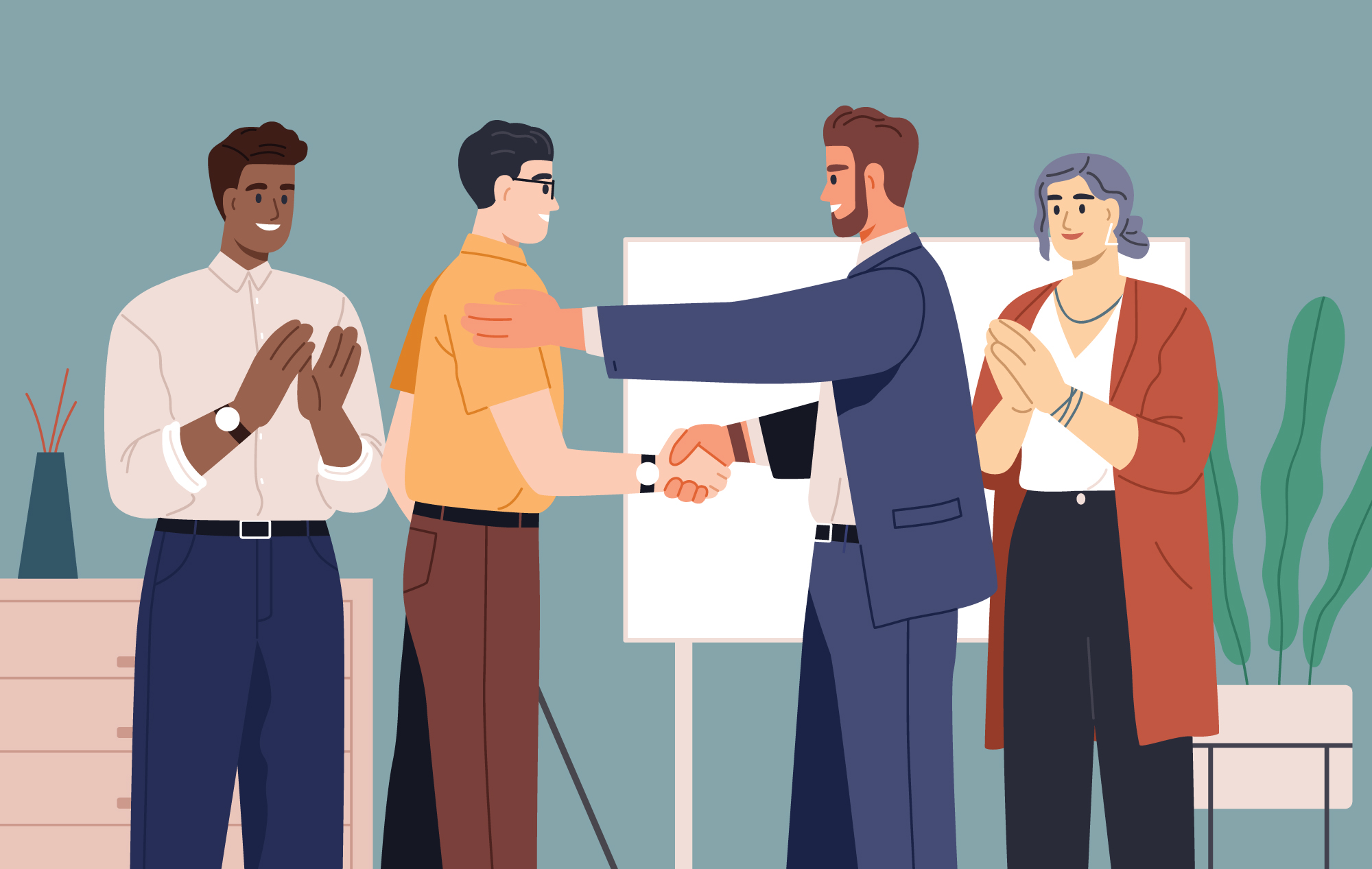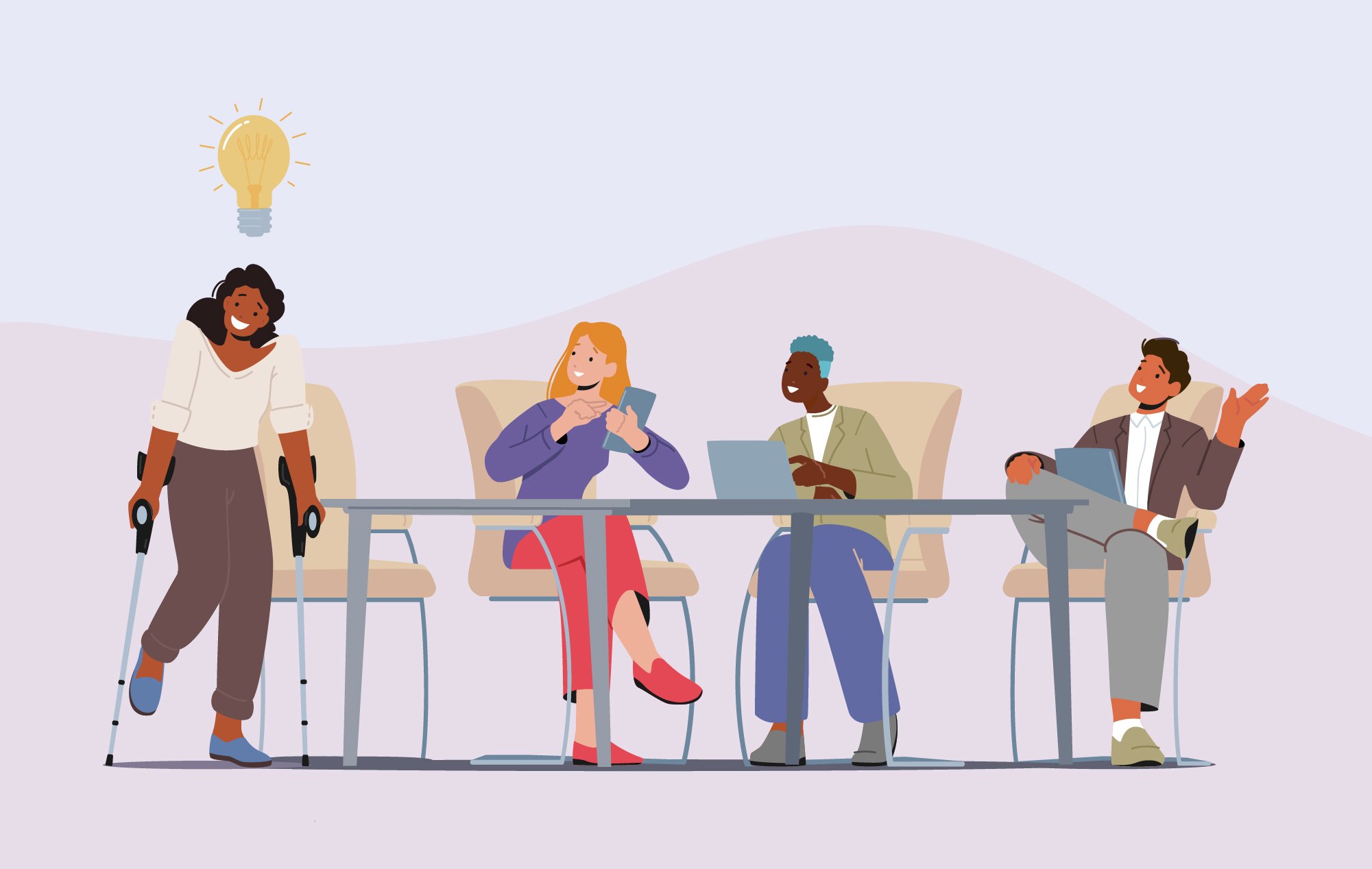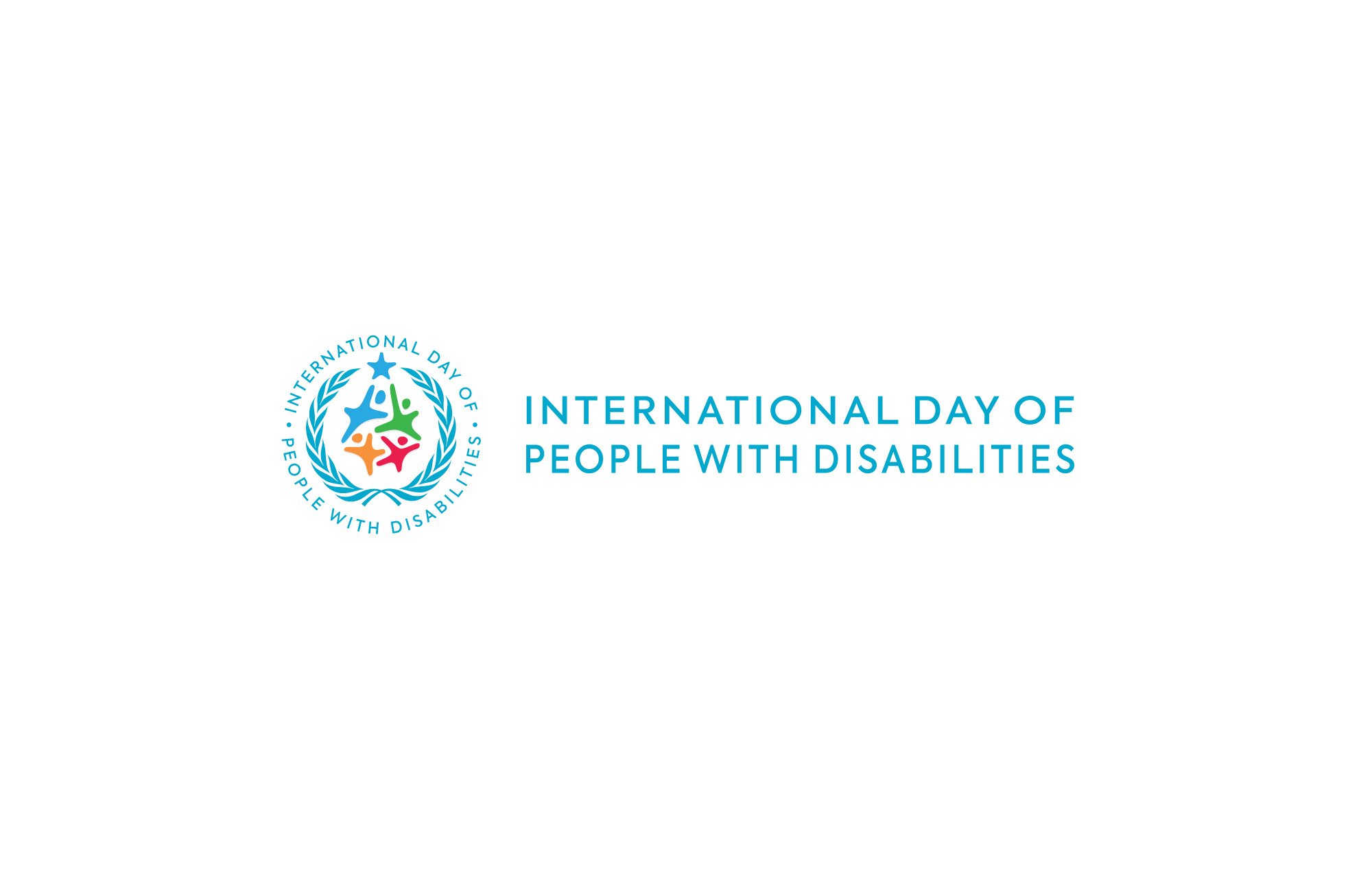For more than a decade as a physical therapist, Alan Reuss helped people with a wide range of disabilities.
Little did he know that after being diagnosed with a genetic disease that left him with impaired vision he’d one day be part of that very same community, receiving vital assistance through Salesforce’s Trailhead program in partnership with the nonprofit Blind Institute of Technology (BIT).
Now a Salesforce Certified Administrator in the apprentice program at BIT, Reuss is leveraging this innovative platform and extending invaluable services and opportunities to countless others, specifically within the nonprofit sector—helping address some of the myriad challenges he’s experienced firsthand due to his deteriorating eyesight.
His current role follows an agonizing period in which prospective employers passed him up due to his condition. Reuss credits BIT Founder and Executive Director Mike Hess, and Sarah Mark, Senior Program Manager of Workforce Development for People With Disabilities at Salesforce, for giving him the opportunity to learn the critical skills necessary for a fresh start.
BIT is a Salesforce authorized training partner specializing in assistive technology and identifying career opportunities for members of the blind or visually impaired (BVI) and broader disability community.
“He’s always reaching out to companies to see if they are willing to hire those with disabilities,” Reuss says of Hess. “There’s a disparity between blind people who don’t get hired, so he started his company actually as an employment service, and then it branched out from there.”
“I'm so grateful for Salesforce,” he shares, “because it’s striving for accessibility, and screen reader use, and all kinds of accommodations for people with disabilities.”
Progressive Vision Loss, Yet Greater Clarity
Reuss used to be a mechanic before changing career paths. He sought a more fulfilling, people-focused profession with purpose, enrolling in a master’s degree program in physical therapy at East Tennessee State University.
It was during this time that he began to lose his vision—completing his studies with the assistance of a closed-circuit television (CCTV) system, which magnifies text and images.
Diagnosed with X-Linked Retinitis Pigmentosa (XLRP), an incurable genetic disease that causes blindness in men, which affected his central vision, impacting everything from how he got around to employment opportunities.
“I stopped driving around 2000,” recalls Reuss. “That was my biggest hurdle, getting to and from the clinics and having to depend on rides from other people.”
Walking to physical therapy appointments wasn’t easy, either.
“Prior to using a cane, I was walking along, feeling the edge of the wet grass with my feet, and it was an uneven sidewalk, so I was trying to find the edge, and swaying back and forth, and I could hear these two people talking in their driveway,” he shares. “They stopped as they saw me walking closer toward them, and then as I passed by, I could hear one of them say: ‘Oh, look he’s drunk!’ This was of course because of how I was walking.”
Despite his ever-deteriorating eyesight, Reuss worked as a physical therapist for 14 years—gaining critical perspectives and learning important insights about the challenges faced by the disability community by experiencing them firsthand.
He soon discovered that the physical therapy equipment he used with clients wasn’t designed for those with disabilities.
“Most places they would have this old electrical stimulation ultrasound, and they’re all analog and outdated,” he says.
It wasn’t his only such realization. His worsening vision also began to affect his hireability—a tough lesson he learned when trying to get a job after relocating with his family from Florida to Arizona. Despite having the necessary degree, training, credentials, and experience to be a physical therapist—and always being transparent about his condition to potential employers during the interview process—their reactions were always the same: radio silence.
“When my wife and I moved to Phoenix for her new job opportunity, I mentioned my disability right away,” he explains. “And because I wasn’t familiar with the process, and how to disclose or have any training, I was just flying by the seat of my pants. All five companies I interviewed with ghosted me—they wouldn’t even return any of my calls.”
Reuss began to lose hope.
“I really just couldn’t get by with ‘faking it’ anymore,” he says. “Even prior to moving, I would be working with a patient in a clinic, and there would be times I just didn’t see them, and I’d bump into them. This was before I was even using a cane, and I was just trying on my own to cope with it.”
Critical Training Taught Reuss the Vital Skills for Success
Left with little option but to change fields, and still unsure how to successfully navigate his changing world and progressive condition, Reuss sought guidance at a local nonprofit dedicated to assisting the visually impaired, of all ages. The Foundation for Blind Children provided vocational rehabilitation through its Adult Comprehensive Program, with classes focused on technology, career exploration, mobility, and much more. He underwent critical job training and learned about various assistive technologies, screen readers, helpful software, and how to use a computer.
“What I learned in the job training program, is that when you go for an interview, the interviewer doesn't really know about disabilities or accommodations,” he explains. “So they're kind of at a loss. So they don't know what to ask. So this is where you have to actually show what you need for accommodations, and then demonstrate what you use, like screen readers and magnifier programs and CCTVs. And then show them how much it's going to cost—or in my case, it's not going to cost me anything, because I have my own equipment.
“And then you have to demonstrate that you can do the job,” continues Reuss. “Those are the barriers for people with disabilities, and disclosure—when to disclose, how to disclose. So you have to jump right into, ‘Yes, I can do this job.’”
As he neared the end of this program, his employment counselor received a call from Mike Hess at the Blind Institute of Technology. The nonprofit is dedicated to reducing the unemployment rate within the BVI community, preparing people living with a range of disabilities for the professional world, and promoting the hiring of candidates with disabilities.
BIT is an authorized training partner with Salesforce, and Hess introduced Reuss to BIT and Trailhead after Sarah Mark contacted him with the Salesforce training sponsorship opportunity.
This free, online training program teaches critical, in-demand tech, business, and soft skills for employment and success in the workforce. Participants earn resume-worthy, globally recognized credentials and certifications demonstrating such expertise to current and future employers. They also become members of the global Trailblazer Community for continued learning, networking, and employment opportunities.
As a Salesforce Certified Administrator with the Blind Institute of Technology, Reuss now assists nonprofit service clients with the Salesforce Nonprofit Success Pack (NPSP).
This open source, flexible, and customizable data model built on the Salesforce customer relationship management (CRM) platform helps nonprofits succeed by centralizing multiple core operational components—from fundraising and program management to marketing, and more—on one convenient and easy-to-use Constituent Relationship Management system.
NPSP provides 360-degree transparency into all areas of operations. It features detailed tracking of all programs and services, synthesizes large volumes of income data into insightful analytics, and creates meticulous yet easily understandable reports through simple dashboards. It manages revenues, segments program participants, schedules services and monitors attendance, and streamlines communications.
Through this single platform, nonprofits can manage their diverse spectrum of relationships—from individual volunteers and donors to program participants, households, and entire companies—with real-time reporting and key performance metrics via any device.
Reuss says his work is mostly on the backend, “behind the scenes.”
“We make sure their platform functions and works appropriately, such as changing page layouts, how they look on the page, and different views,” he explains. “Basically everything any Salesforce administrator would do for a client. We also create security fields and custom apps since it’s a nonprofit, and they need that function for grant applications.
“I really enjoy what I’m doing and working with nonprofits,” Reuss adds. “Because you have grant applications, donors and stakeholders, it can be very involved.”
He is beyond grateful for the skills, training, and confidence he’s acquired from Salesforce and BIT, and hopeful other companies and organizations will follow its lead and be more open to accommodating employees with disabilities.
“We really have to continue to educate employers on accessibility and inclusion,” says Reuss. “Other than Salesforce, I really haven’t had anybody provide me with accommodations.
“When you run into a company like Salesforce, you’re super grateful that they’re working toward accessibility,” he adds. “And I just appreciate them that much more.”
In addition to Fable, Morey Creative Studios, and Be My Eyes, Salesforce is a Founding Partner of InclusionHub, an online resource directory and content platform helping businesses prioritize digital inclusion and accessibility. Explore Salesforce’s Trailhead program to learn more about free and accessible training and skills vital to success.
Read more: How to improve accessibility & digital inclusion for the blind and low-vision community.






Leave a Comment